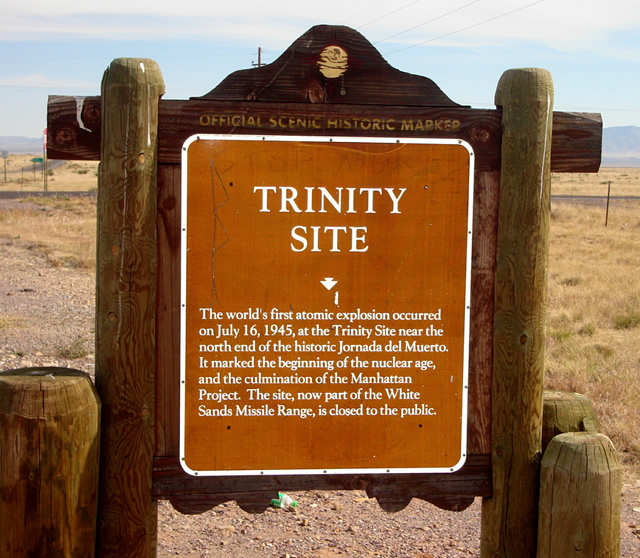 Remember the lowly tourist postcard? Undoubtedly, you will have sent one or two “Wish you where here!” missives to your parents or work colleagues while vacationing in the Caribbean or hiking in Austria. Or, you may still have some in a desk drawer. Remember, those that you never mailed because you had neither time or local currency to purchase a stamp. If not, someone in your extended family surely has a collection of old postcards with strangely saturated and slightly off-kilter colors, chronicling family travels to interesting and not-so-interesting places.
Remember the lowly tourist postcard? Undoubtedly, you will have sent one or two “Wish you where here!” missives to your parents or work colleagues while vacationing in the Caribbean or hiking in Austria. Or, you may still have some in a desk drawer. Remember, those that you never mailed because you had neither time or local currency to purchase a stamp. If not, someone in your extended family surely has a collection of old postcards with strangely saturated and slightly off-kilter colors, chronicling family travels to interesting and not-so-interesting places.
Then, there are postcards of a different kind, sent from places that wouldn’t normally spring to mind as departure points for a quick and trivial dispatch. Tom Vanderbilt over at Slate introduces us to a new book, Atomic Postcards:
“Having a great time,” reads the archetypical postcard. “Wish you were here.” But what about when the “here” is the blasted, irradiated wastes of Frenchman’s Flat, in the Nevada desert? Or the site of America’s worst nuclear disaster? John O’Brian and Jeremy Borsos’ new book, Atomic Postcards, fuses the almost inherently banal form of the canned tourist dispatch with the incipient peril, and nervously giddy promise, of the nuclear age. Collected within are two-sided curios spanning the vast range of the military-industrial complex—”radioactive messages from the Cold War,” as the book promises. They depict everything from haunting afterimages of atomic incineration on the Nagasaki streets to achingly prosaic sales materials from atomic suppliers to a gauzy homage to the “first atomic research reactor in Israel,” a concrete monolith jutting from the sand, looking at once futuristic and ancient. Taken as a whole, the postcards form a kind of de facto and largely cheery dissemination campaign for the wonder of atomic power (and weapons). And who’s to mind if that sunny tropical beach is flecked with radionuclides?
[div class=attrib]More from theSource here.[end-div]
[div class=attrib]Image: Marshall Islands, 1955. Image courtesy of Atomic Postcards.[end-div]
“Spectacular nuclear explosion” reads a caption on the back (or “verso,” as postcard geeks would say) of this card—released by “Ray Helberg’s Pacific Service”—of a test in the Marshall Islands. The disembodied cloud—a ferocious water funnel of water thrust upward, spreading into a toroid of vapor—recalls a Dutch sea painting with something new and alien in its center. “Quite a site [sic] to watch,” reads a laconic comment on the back. Outside the frame of the stylized blast cloud are its consequences. As Nathan Hodge and Sharon Weinberg write in Nuclear Family Vacation, “[F]or the people of the Marshall Islands, the consequences of atomic testing in the Pacific were extraordinary. Traditional communities were displaced by the tests; prolonged exposure to radiation created a legacy of illness and disease.”

